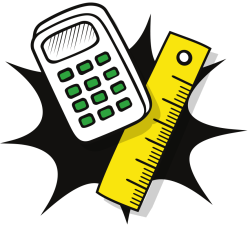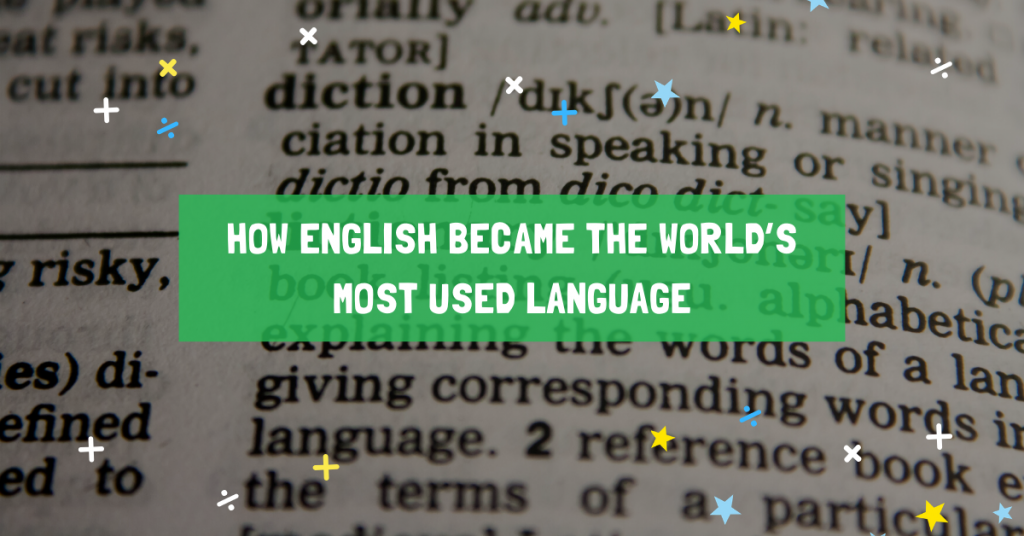If one word describes the process that culminated in what we know as modern-day English, it would be synergy. Why? Because if it wasn’t for the intermingling of different nations and cultures over many centuries, the English language would not have come to be. Spoken by more than a billion people today, English has been in a state of constant evolution since its birth almost 1500 years ago.
Today, it is considered the world’s prima franca and acts as the bridging tongue between widely diverse nations from both sides of the equator. But it all started here, in the British Isles, and the English language is arguably our nation’s greatest and most widely impactful export to the rest of the world.
The birth of a universal language
Prior to Roman rule (43 to 410 AD) over most of the British Isles, inhabitants mostly spoke in different dialects of the Celtic language. The arrival of the Romans meant that Latin would become a major influence over local tongues and even to this day, many words in the English language are rooted in Latin origins. Commonly used English words such as antique (antiqua), long (longa), big (magna), picture (pictura) are but a few examples of words in the Oxford Dictionary with origins in this ancient language.
The arrival of Western European settlers (modern day France, Denmark, The Netherlands and Germany) in the 5th century, introduced an entirely new lexicon into the evolving language that was spreading across the Isles. These settlers, known as the Anglo-Saxons, had an even larger cultural and linguistic influence over the region, which resulted in what is known as Old English, or Anglo-Saxon.
Over a period of roughly 200 years, Old English continued to diversify thanks to the intermingling of an increasing amount of foreigners with local inhabitants. Old English also reflected the varied origins of the Anglo-Saxon kingdoms established in different parts of Britain of which there were four, namely: Kentish, Mercian, Northumbrian and West Saxon with the latter becoming the most dominant over time.
Middle English and the arrival of Scandinavian Vikings
The era between Old and Middle English was punctuated by the rule of the Scandinavian Vikings over the region. The new arrivals would contribute to the diversity of the English language during their nearly 300 year reign that saw “Old Norse” being adopted into the English vocabulary. Interestingly, Old Norse and Old English were not so different from each other as they belonged to the same Germanic family of languages. This meant that Old Norse integrated with relative ease into Old English, which also made borrowings difficult to detect.
The Middle English era began in the late 11th century with the Norman conquest of England, bringing with it a massive French influence over Old English. For over 300 years, Anglo-French was spoken in private and commercial correspondence, in courts, schools, universities and by the various classes. This new synergy would greatly influence the English tongue long after French rule ended.
Modern English and its spread to the rest of the world
Towards the end of French rule, a sudden and distinct change in pronunciation started. Known as the Great Vowel Shift, this was to be a major catalyst for the standardisation of English spelling in the 15th and 16th centuries. This era was followed by the Renaissance which further introduced many new words and phrases to the language.
The invention of printing meant that there was now a common language in print and also made books and reading more accessible to the local population. Spelling and grammar became fixed, and the dialect of London, where most publishing houses were, became the standard. In 1604 the first English dictionary was published.
By the late 18th century, the British Empire had spread English through its colonies and geopolitical dominance. Commerce, science and technology, diplomacy, art, and formal education all contributed to English becoming the first truly global language. English also facilitated worldwide international communication. England continued to form new colonies, and these later developed their own norms for speech and writing. Today, English was adopted in parts of North America, parts of Africa, Australasia, and many other regions.
You’re always learning with Boost Education








